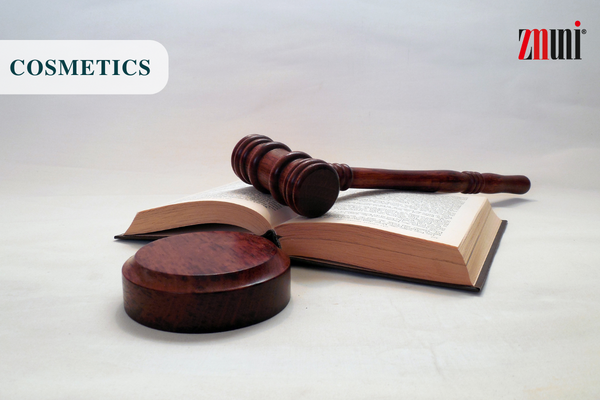Vietnam Amended Regulations on Cosmetics Ingredients
On 1 January 2023, the Vietnam government released an announcement 817/QLD-MP to amend regulations on cosmetics ingredients. This is in alignment with the amendments in The ASEAN Cosmetic Directive (ACD) on 19 January 2023.
The key changes include the following:
(1) Octamethylcyclotetrasiloxane and other 44 ingredients are listed as prohibited ingredients.
(2) New conditions are set for the use of Salicylic acid, Titanium dioxide (Table 1). It is effective as of the day of releasing this announcement and stakeholders have transitional time until 21 November 2024.
Ingredient | Maximum Concentration | Application Field |
Salicylic acid | 0.50% | Cosmetic products such as skincare product, eye shadow, mascara, eyeliner, lipstick, lip balm, deodorant, nail care, etc. |
Titanium dioxide | 25% | Face product in liquid or powder form |
1.40% | Hair gel |
Norway Prescribes the Use of Formaldehyde Releasers in Cosmetic Products
On 3 February 2023, Norway Food Safety Authority prescribed the use of formaldehyde releasers in cosmetics products. The key points are as follows:
(1) A warning of ‘Formaldehyde Release’ shall be labeled when the aggregate release concentration of a finished product exceeds 0.001%, no matter if it contains one or several ingredients releasing formaldehyde.
(2) The use of Benzophenone-3 and Octocrylene is prescribed in the following table.
Ingredient | Cosmetic Product | Maximum Concentration | Note |
Benzophenone-3 | Face cream, hand cream, and lipstick | 6% | |
Used in cosmetics to protect product/formula | 0.50% |
| |
Body cream, aerosol spray, pump spray | 2.2% | The maximum concentration is 1.7% when used as UV filter in products with 0.5% Benzophenone-3. | |
Octocrylene | sunscreen | 10% |
|
Aerosol sunscreen | 9% |
|
Norway Government Strengthens the Supervision of Cosmetics in 2023
In 2023, Norway Food Safety Authority strengthens the supervision of cosmetics, involving cosmetic imports, manufacturers, and distributors. The critical inspection point is whether the stakeholders are familiar with and compliant with the cosmetic regulations in Norway.






0 Comments